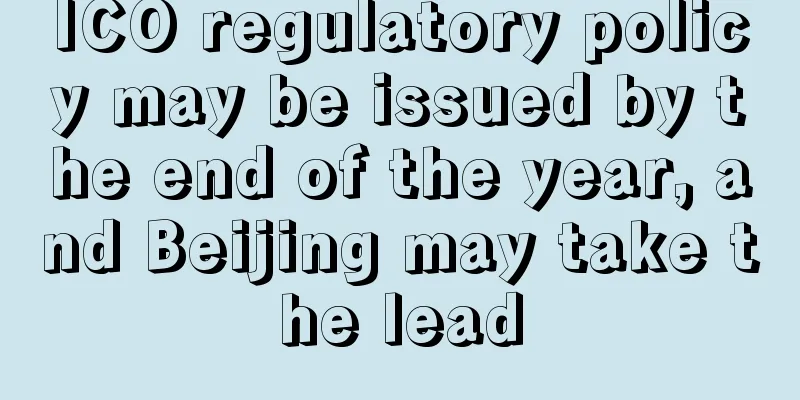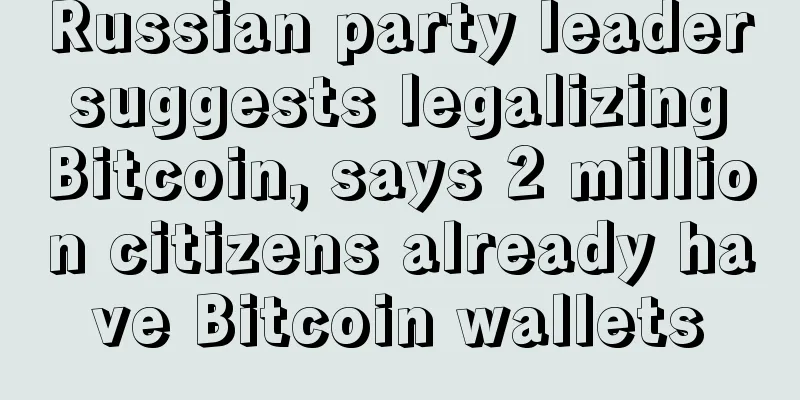Hubei police cracked the country's first virtual currency case with a turnover of 400 billion

|
On July 18, the reporter learned from the Public Security Bureau of Shayang County, Jingmen City, Hubei Province that Qiu Moumou and others, the main culprits of a cross-border online gambling case involving a turnover of 400 billion yuan, had been sent to trial in accordance with the law. The police found that all transactions of the gamblers were settled with a virtual currency. The task force followed the clues and successfully locked up multiple virtual currency accounts involved in the case. The task force connected with the virtual currency issuer and froze the relevant virtual currency accounts involved in the case, preventing the virtual currency worth US$160 million (approximately RMB 1 billion) in the account from flowing into the hands of the suspect gang. In October 2022, the Shayang County People's Court made a judgment to confiscate some of the frozen virtual currency in accordance with the law. This case became the first "virtual currency case" in the country to be confiscated by court judgment. This text is not long, but it contains a lot of information. There are two sentences in it that are likely to make friends in the cryptocurrency circle tremble in their hearts. Trembling 1: It was said to be a decentralized virtual currency, and the private key is still in my hands, so how could it be frozen? Trembling 2: How to cash out virtual currency assets confiscated by the court? Will the court hoard the coins or dump them? Let's talk about this in today's article. A disclaimer is required: Lawyer Honglin's opinions are for reference only. 1. How is virtual currency frozen? The public news did not specify which virtual currency it was, but from the description of the issuer cooperating with the public security to freeze it, we can know with a high probability that it was USDT Tether. Many people who have just entered the cryptocurrency circle think that USDT is a decentralized virtual currency like Bitcoin, but in fact it is not. Tether has nothing to do with our ideal cryptocurrency. Its issuance is not based on any mining mechanism or decentralization, but on the verbal promise of a commercial company. The name of this business company is Tether. Tether (USDT) is the token Tether USD (hereinafter referred to as USDT) based on the stable value currency USD (USD). 1 USDT = 1 USD, and users can use USDT to exchange USD at a 1:1 ratio at any time. Tether strictly abides by the 1:1 reserve guarantee, that is, for every USDT token issued, its bank account will have a 1 USD fund guarantee. But has the money been released? How much has been released? No one knows. After all, it will not disclose its true financial situation to the public. So it is a private company that operates in a black box, and this private company is the largest trading pair of all virtual currencies in the world. It is precisely based on this point that I have always felt that the next big crash in the cryptocurrency market is most likely to be Tether. After all, it is absolutely ridiculous for decentralized global virtual currency transactions to rely on a centralized commercial company to make verbal promises. So my friends, don't hoard U. Where there are people, there are rivers and lakes, and where there are rivers and lakes, there are rules. As a commercial organization, if there are judicial authorities around the world that require the company to cooperate in relevant judicial work, this commercial company will actively cooperate. Therefore, whether your USDT is in a centralized exchange or a decentralized wallet, Tether can remotely control it. There are two common ways of operation: The first is marking (commonly known as poison marking). Tether technically marks the USDT involved in the case, telling the entire network that this thing is not clean. Whenever the poison-marked USDT flows into any mainstream centralized exchange, it will trigger the risk control mechanism of the exchange, thereby freezing the corresponding digital asset account. Sometimes it is not only the poison-marked USDT that is frozen, but even other digital assets under the account will be frozen. If you are a clean account that accidentally receives poison-marked USDT during the transaction process, then congratulations, you have been caught. The second is that Tether freezes USDT directly. Once USDT is frozen, it loses its circulation ability and is stuck in a wallet. Judging from the description in the press release, the USDT involved in the case that was frozen should be the second type. So we joked that after this wave of news was exposed, criminal organizations around the world would probably be quite disgusted with USDT. I originally hoarded virtual currency because I control my private keys and for the safety of my assets, but who would have thought that a third party could pop in and freeze it remotely? Who can stand this? 2. How will the court deal with virtual currency? Cases like the one in Hubei are not isolated cases. According to public information, in 2021, the public security organs cracked down on cybercrime and targeted new channels for money laundering using virtual currency, uncovering 259 related cases nationwide and confiscating virtual currency worth more than 11 billion yuan. According to Article 300 of the Criminal Procedure Law, "After trial, the people's court shall order the confiscation of illegal gains and other property involved in the case that have been verified, except for those that are returned to the victim in accordance with the law..." Therefore, in this case, there is no problem for the court to confiscate the virtual assets. In judicial practice, the public security organs generally do not hoard virtual currencies that are "voluntarily returned" by the parties involved, and virtual currencies that are confiscated and disposed of by the courts in judicial trials, but will be sold as soon as possible. However, official speculation in cryptocurrencies is not very appropriate, after all, KYC will be a bit embarrassing, so it is generally entrusted to a third-party security company to handle it. The first is OTC exchanges. The security company directly sells the virtual currency through OTC transactions through mainstream virtual currency exchanges and converts it into RMB. After deducting the service fee (generally more than 5% of the total transaction amount), it is transferred to the judicial authority or the account of the local financial department designated by the judicial authority. The second is offline transactions. A third-party company commissioned by the judicial authority will find a buyer in Shenzhen and other places, conduct a direct cash transaction, and then hand over the cash to the judicial authority or the local financial department designated by the judicial authority after deducting the service fee. The third method is to cooperate with foreign trade companies. Through fictitious export trade or fictitious provision of cross-border technical services, the overseas companies can remit funds and settle foreign exchange through the State Administration of Foreign Exchange. After the funds are converted into RMB and deducted from the service fee, they are transferred to the account of the judicial authority or the local financial department designated by the judicial authority. I believe that many friends will call themselves experts after seeing these three models. However, the legality and rationality of these three operating methods under China's legal and policy framework on virtual currency regulation is indeed an issue that needs to be discussed. But it is undeniable that based on the principle of practicality, this dirty work must not be left to the judicial organs. It is enough to pay a service fee (although it is a bit high) and let professional institutions handle it, so that virtual currency can be transformed into real RMB to subsidize local finances and the national treasury. Okay, I’ve finished eating the melons. I hope everyone’s virtual currency will be safe. After all, according to Chinese law, the country does not encourage cryptocurrency speculation, but legal virtual currencies held by individuals are protected by law. Any law enforcement agency has no right to use or sell your virtual currency without a valid court ruling. |
<<: Get to know the next generation DEX liquidity aggregator — UniswapX
>>: Why do people say “If anyone can get a BTC ETF approved, it’s BlackRock”?
Recommend
Is it good for a boy to look like a girl and a girl to look like a boy? How is the fortune?
Face reading is a very important part, and the in...
What are the characteristics of a woman who brings prosperity to her husband?
If a woman is a lucky charm for her husband, then...
Is it true that a mole on the back means bad luck for the family?
What does a mole on the back mean? In mole physio...
Men with these facial features love you more than money
When is a man the most handsome? Of course, when ...
Do you know what people say about facial features?
The philtrum is a small groove below the nose and...
The Wealth Palace
Physiognomy believes that: "The face is the ...
Does a mole on the chin indicate a strong woman? What does a successful woman look like?
We know that the chin represents our fortune in o...
Is a woman with big feet lucky? What is the saying about women with big feet?
In ancient China, the standard of beauty was thre...
Is it good for a person with a broken palm to get married with a Sichuan-shaped palm?
Is it good for a person with a broken palm to get...
A three-minute hardcore summary of the highly anticipated Filecoin staking mining mechanism
Unlike traditional PoW miners who use computing p...
Hong Kong Bitcoin ETF may be listed after the Spring Festival
Hong Kong Bitcoin Spot ETF will be listed as soon...
What does a mole on the bottom of a woman's left foot mean? Does it mean that the woman is capable?
Ancient people often said that having moles on th...
People with these palmistry features are unlikely to become rich.
People with these palmistry features are unlikely...
Physiognomy teaches you how to fight for wealth
Physiognomy teaches you how to fight for wealth M...
What does a man with a lot of bad luck in love look like?
I believe that everyone hates that their boyfriend...









